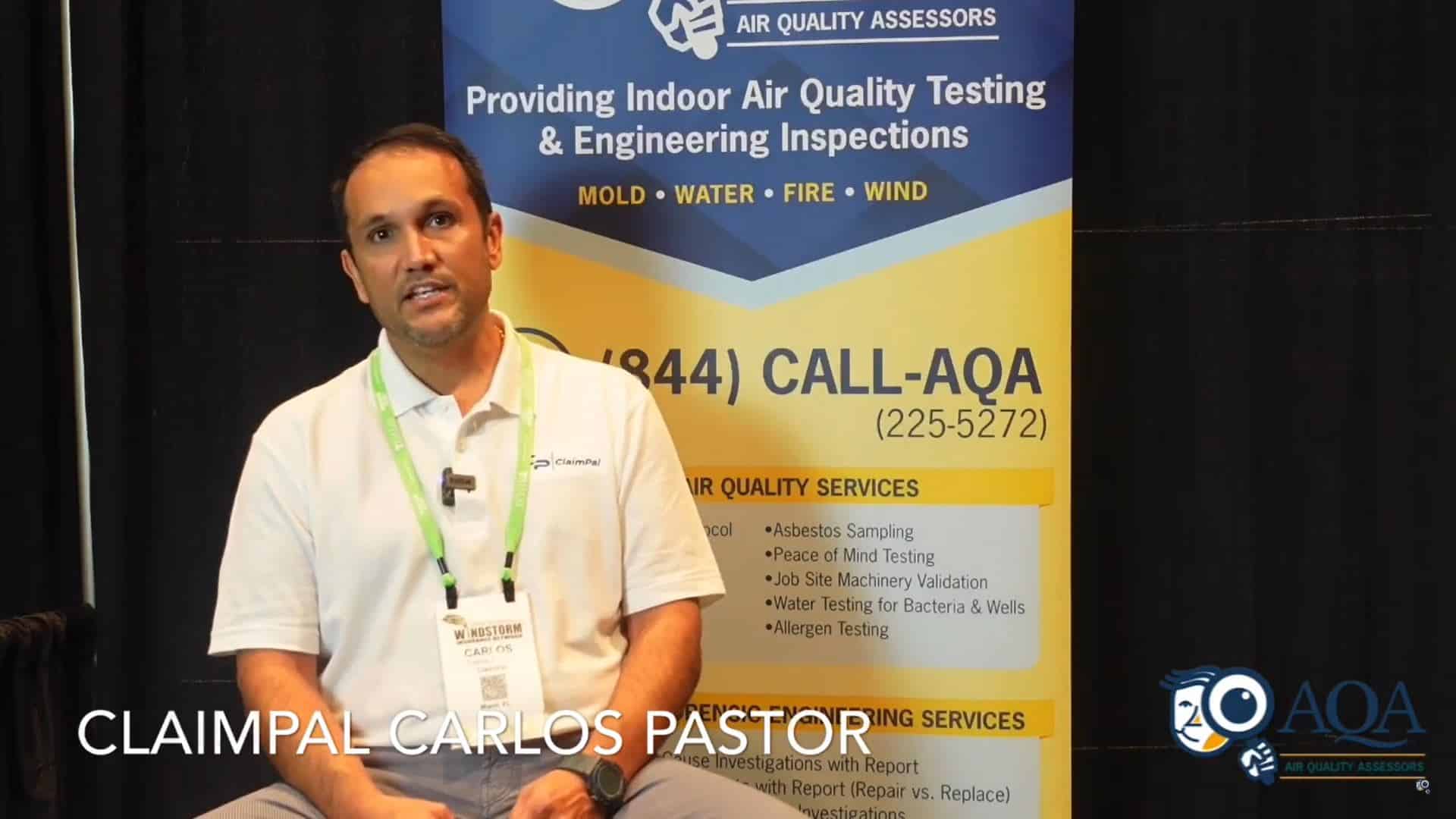Air Quality Assessors
Colorado
Don’t just guess it, test it! If you’re in the local Denver area and you’ve been experiencing unexplained symptoms, smell a musty odor, or visibly see mold, you’ve come to the right place. Contact us today to reach our experienced and licensed assessors who can help.
How can we help you?
Fill out this form and our team will reach out to schedule your appointment.
Services
Our services range from residential mold inspections to large commercial property clearance letters from storm damage. We truly offer best-in-class service to our residential and commercial property owners, public adjusters, law firms, remediation companies, contractors and property management companies, and roofing contractors.
Mold Testing
Our mold testing services include an in-depth inspection of the premises by our licensed Mold Assessors with the most up-to-date equipment. Prior to testing we provide you with a detailed report along with an explanation of areas affected.
ALLERGEN testing
Allergens are airborne substances that cause an allergic reactions in humans and pets that come in many different forms. 35 million Americans suffer from allergic reactions to airborne allergens and we can help find the culprits.
Leak Detection
The most common cause of mold growth are leaks and there are many places in your home where leaks can occur. At Air Quality Assessors, our leak detection services consist of noninvasive ways to look for moisture in buildings.
xactimate estimates
Xactimate is a powerful estimation tool that is widely used by insurance companies to create, send, and receive construction estimates. It is primarily used for estimating restoration and repairs, insurance claims, and new construction.
asbestos testing
Asbestos testing, also known as an asbestos survey, is used to determine whether asbestos is present in a building’s materials. This is to ensure that there is no risk of asbestos fibers being released into the air, which can be harmful to your health.
Customer Testimonials
Client Testimonials
Testimonial Playlist
Frequently Asked Questions
You might be able to see mold in your home, growing on walls, floors, carpet, ceilings or bathroom fixtures. However, mold often grows in places where it cannot be easily seen, like under carpets, inside walls and inside heating, ventilation and air conditioning ducts. You should suspect mold if your home has a musty smell. You should also know that mold is likely if you’ve had flooding or a water leak in your home. To find out for sure if there’s mold in your home, you need to call in a certified mold tester. Most certified mold testers are engineers and are trained to locate mold even in hard-to-see places. They can let you know if there is mold in your home and if so, what type of mold it is.
It can be dangerous. The degree of risk depends on numerous factors, including the type of mold (some strains are more hazardous to your health than others, although it’s not good for you to be inhaling any type of mold spores), the amount of mold, whether or not you’re allergic to mold, and the state of your health and the health of your family members. Health problems commonly associated with household mold include coughing, sneezing, sore throat, runny nose, headaches or migraines, sinus infections, pneumonia and asthma attacks. Infants, elderly people and those with respiratory disorders like asthma or emphysema are most susceptible to mold-related health problems, but even healthy young adults can be affected.
Obvious signs of mold in your home include cracking paint, water stains (brown stains on the ceiling), rust, warped ceilings, walls, and dust.
You can purchase test kits that allow you to test your home for mold, but we recommend calling in an expert instead. Certified mold testers are trained to locate all traces of mold in a home and they can also tell you what strains of mold are present. Do-it-yourself mold tests aren’t always accurate and many require you to send samples to a lab to find out what strains of mold are present, at significant extra cost. Hiring a professional for the job simply provides better results.
- Most professionals that test for mold are engineers. They have extensive training and education in how to conduct and interpret the tests. A mold specialist will help you identify exactly what type(s) of mold you are dealing with, in order to determine the best clean-up techniques.
- They know how to find mold in hidden places, where homeowners frequently miss it. They will be able to find and identify mold that is hidden, such as inside walls or under flooring.
- They can tell you what strains of mold are present in your home (often there is more than one strain) and provide you with information about the health risks of exposure to those specific strains.
- They can advise you about the safety precautions that should be taken during the mold removal process. A specialist will help you understand each step involved in the cleanup process.
You will SMELL it and/or SEE it.
Black mold can be gray, green and sometimes look dark blue. It forms in clusters and can sometimes look slimy, fluffy growing outward, and spotty.
Black mold can sometimes and very frequently give off a musty and damp odor.
Reasons to Hire AQA
In business over 10 years
Trusted, bonded, and insured
A+ rating with BBB
Commercial & residential
Fully licensed
Fast and reliable services
Offices throughout the US
FREE consultations
Over 18 years experience



